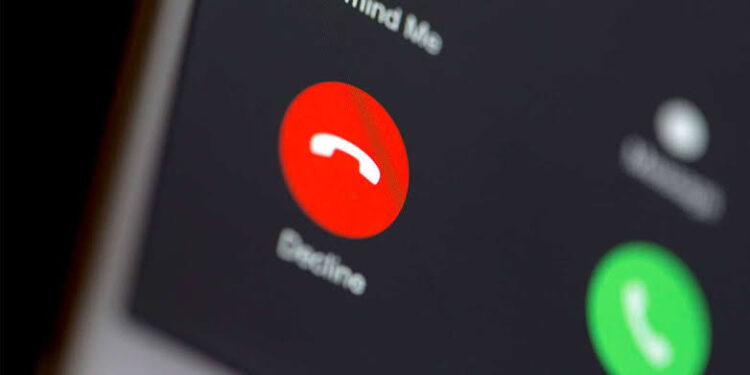Bureaucrats encouraging ‘unethical’ journalism by being unavailable for official version
K Koushal & Sanchita Raina
In journalism, filing a story without official version is considered unethical, but what if the official is not in a mood to entertain a query? Yes, this has been happening in newly crafted Union Territory of Jammu and Kashmir, where the bureaucrats, ‘assuming to be unaccountable’, are neither physically accessible, nor available on phones.
The problem further aggravates when the mobile numbers, mentioned on the official telephone directory of Jammu and Kashmir General Administrative Department (GAD) are either switched-off or changed, but not updated.
Talking to The Typewriter, Senior Correspondent with Outlook in Kashmir, Naseer Ganai said, “Now it has become very difficult for journalists in Jammu and Kashmir to get the other side of the story, because officials do not feel like answerable to anyone,” he added that during popular government, the ministers had courtesy to respond back to the queries of the journalists, but that culture seems to have eroded.
“It is LG’s responsibility to ensure that media practitioners don’t face any harassment or hurdles while performing their professional duty in Jammu and Kashmir.”
Peerzada Ashiq, Special Correspondent in Kashmir, The Hindu said, “Unavailability o f officials often creates great challenges for the redressal of public grievances.” Adding, “At times people misread your story because it is believed that a story filed without official version is fake.”
He said that it is not good for an official to ignore calls, especially from a journalist, who is also serving the society. He maintained, “The story without official confirmation often questions credibility of a reporter.”
He asserted that bureaucrats, who are public servant have this responsibility to cooperate with journalists in putting facts in the public domain.
A Delhi based independent journalist, Ashutosh Sharma said, “Of late, many reporters have started complaining that the bureaucrats holding important offices in Union Territory administration have almost stopped cooperating with them”.
He stated that clearly, a section of bureaucracy wants people to internalise their narrative only. “It should be a cause of concern for every conscientious citizen. Transparency and accountability are considered as the cornerstones of good governance and a healthy democracy, which can’t exist without people having the right to know and freedom of expression,” he maintained, adding, “The newly appointed Lt Governor, Manoj Sinha, must take a note of the situation and issue an advisory to all the officials concerned.
He said that it is his responsibility to ensure that media practitioners don’t face any harassment or hurdles while performing their professional duty in Jammu and Kashmir.
Taking dig at the approach of officials towards journalists, a senior journalist stated that officials are deliberately pushing ‘unethical’ journalism in Jammu and Kashmir.
“We have seen instances in Kashmir where journalists were summoned by the police for writing something, but when the officials, including police administration, do not answer queries, it becomes difficult for a journalist to hold the story, so journalist prefers to run it without official version,” said a senior journalist, who expressed apprehension over disclosure of his identity.
However, the bureaucrats are not only unavailable for journalists, but they even remain oblivious to the miseries of the public as well.
“In the times of pandemic like corona virus and absence of popular government, the officials are the only hope for redressal of public grievances, but here the officials are busy in their own,” said an aggrieved from Jammu, Rahul.
He added that the mobile numbers provided on the website of JKGAD are either switched-off or have been changed, thus causing inconvenience to the public.
“Not only mobile phones, but the telephone numbers mentioned on the website are either out of order or nobody responds to repetitive calls,” said Sumit Sharma, adding that in present situation, everybody seeks virtual contact, but when the officers are hesitant to pick up the calls, public is forced to reach them physically.
When The Typewriter tried to contact few IAS officers on the numbers given in the official directory of JKGAD, the allegations were found true.
In some cases, the officers did not respond to the repetitive calls, while as in many instances, the numbers have been changed, but are still figuring on the official website. The Typewriter even texted few of them (IAS officers) to an get official version regarding unavailability of officials, but it remained unattended.














